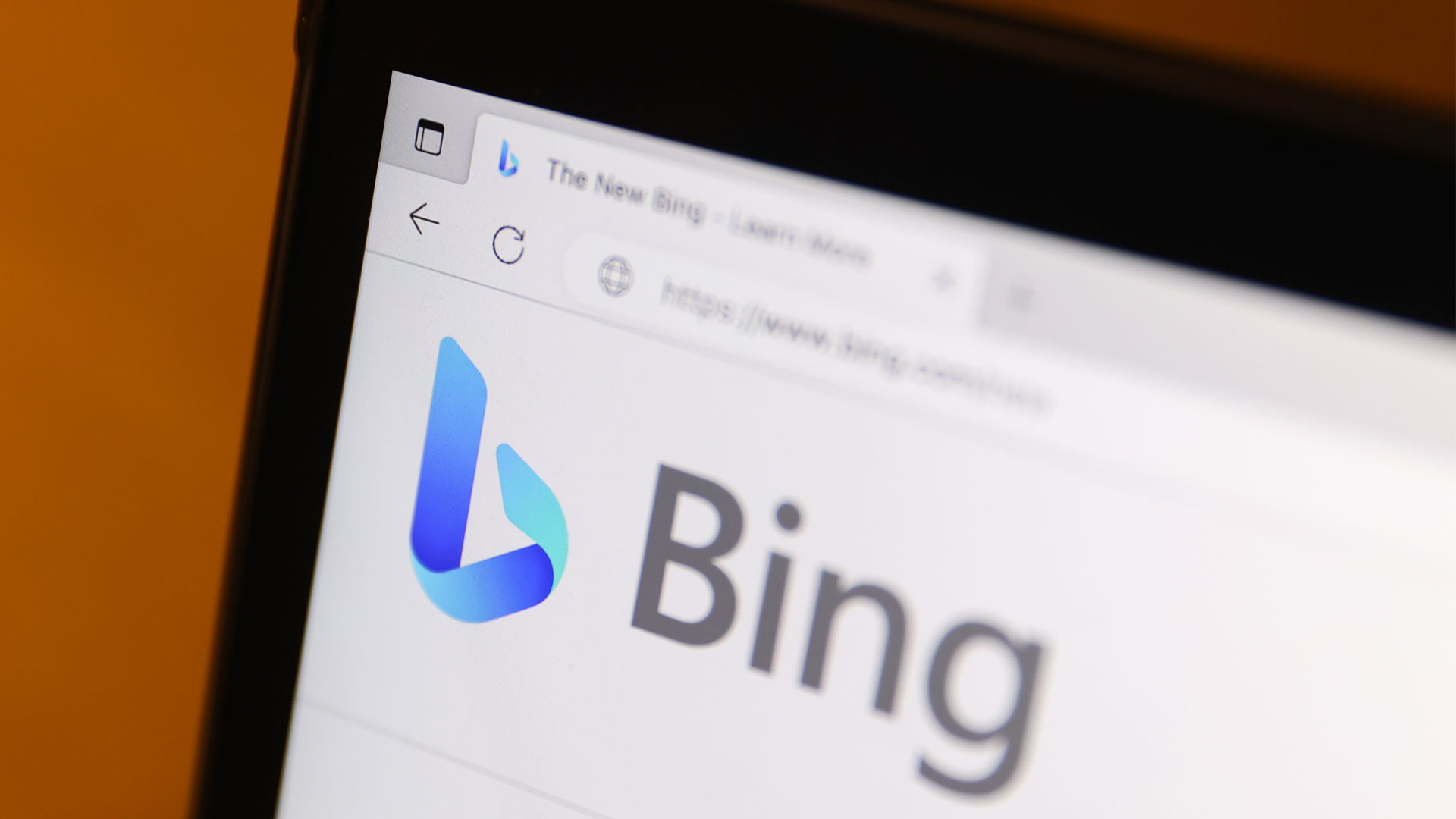Chatbot or adbot? Microsoft could bring adverts to ChatGPT-powered Bing AI
Chatocalypse now: advert plans for Bing AI might prove seriously destructive

Don’t look now, but Microsoft is exploring the idea of pushing adverts with its Bing AI chatbot.
The ChatGPT-powered AI hasn’t been around for long, but has already achieved a measure of success driving more traffic to the Bing search engine, which is one of Microsoft’s main aims with the chatbot, naturally.
However, another target Microsoft is now sighting up is the addition of advertising to monetize the chatbot in a more concrete way, as evidenced by a freshly written post on the Bing blog site.
The content makes for worrying reading – though it’s a predictable avenue for Microsoft to assess, and we should note that this is very much early days still. The blog post talks about “exploring” the use of ads and that it’s mulling over “some early ideas,” so we shouldn’t get too carried away at this point.
The ideas Microsoft is toying with include making it so that if the user hovers over a link, it’ll pop up a panel containing further links to a publisher’s content. And also placing a “rich caption of Microsoft Start licensed content” next to a chat answer, meaning driving traffic to these Microsoft Start partners (and sharing ad revenue with that partner).
Microsoft further states: “We’re also exploring placing ads in the chat experience to share the ad revenue with partners whose content contributed to the chat response.”
Analysis: A case of greed before need?
Oh dear, oh dear. And another oh dear for good measure. Microsoft seems to be losing sight of the purpose of its ChatGPT-fueled AI here. It’s supposed to be a useful tool, a smart addition to Bing to let people search in a new way, and do a whole lot more to help them besides, with a bunch of other tricks up its sleeve (from knocking up artwork or poetry, to providing swift aid to gamers, kind of).
Get daily insight, inspiration and deals in your inbox
Sign up for breaking news, reviews, opinion, top tech deals, and more.
So, Bing AI is all about helping folks, right? Well, nobody believes Microsoft is doing this out of the goodness of its own heart. Of course there’s an agenda, and that’s to push Bing search to compete better with the highly dominant Google. Fair enough: Bing needs some kind of secret weapon, you can’t argue with that, and finally, it looks like the AI chatbot might be the answer.
Google is even worried, having rushed its rival AI, Bard, onto the stage, fumbling its lines in the process (and not getting nearly the same amount of attention as Bing AI, which is already well underway with updates being applied regularly by Microsoft).
But a measure of early success appears to have left Microsoft with dollar signs flashing before its eyes, perhaps blinding it to Bing’s original purpose. So now, we have Microsoft thinking about getting greedy (there’s evidence of this with the company’s attitude elsewhere regarding the AI, too). Bing traffic isn’t enough in the way of monetization, perhaps, so why not do adverts, too?
We’ll tell you why not – because people are tired of you trying to jam adverts into everything, Microsoft. Like your online services, or the Windows 11 interface, over and over, with the latest example coming earlier this week in the form of (veiled) ads for the Start menu. And now the Bing chatbot?
We’re not surprised, really, but we are getting fed up with the condition Microsoft seems to suffer from, the main symptom of which is a sickening and relentless compulsion to cram in adverts with its products and services. Let’s call it ‘ad nauseum’, and let’s further hope a cure can be found.
Via Neowin
Darren is a freelancer writing news and features for TechRadar (and occasionally T3) across a broad range of computing topics including CPUs, GPUs, various other hardware, VPNs, antivirus and more. He has written about tech for the best part of three decades, and writes books in his spare time (his debut novel - 'I Know What You Did Last Supper' - was published by Hachette UK in 2013).